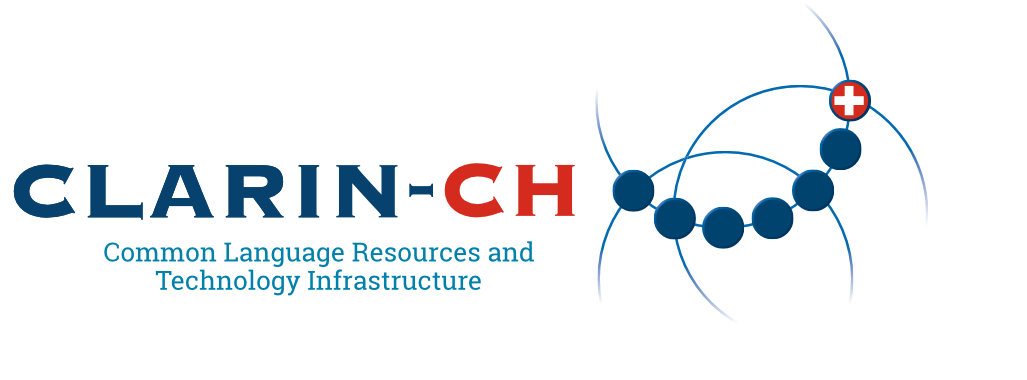Call for submissions EURALEX 2026
With its theme “Lexicography in the Age” of AI, the conference aims to bring together professional lexicographers, linguists, publishers, researchers, software developers and anyone interested in dictionaries and their educational, cultural, political and social impact on everyday life.
